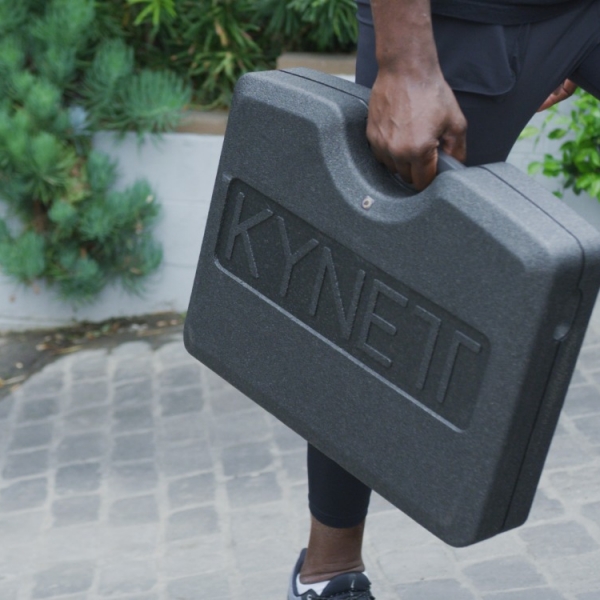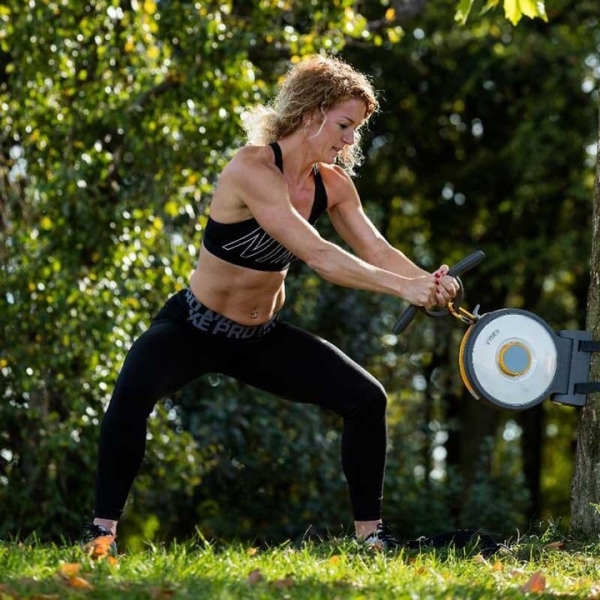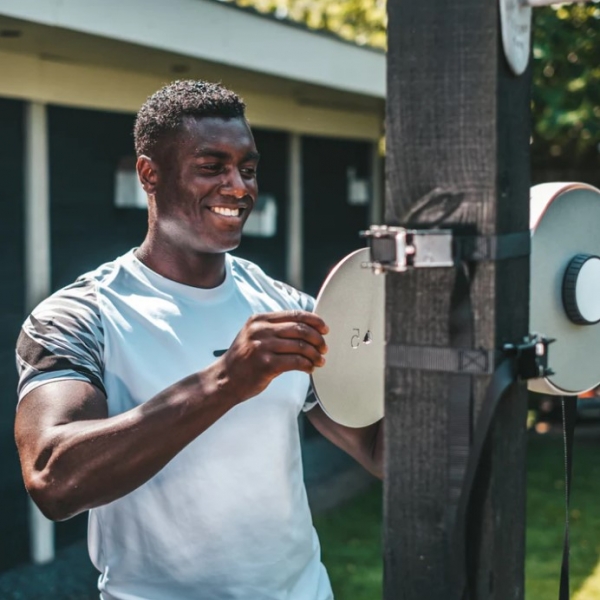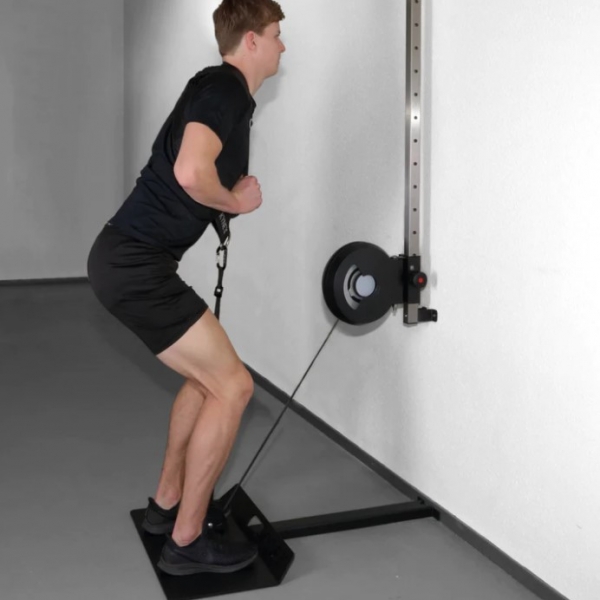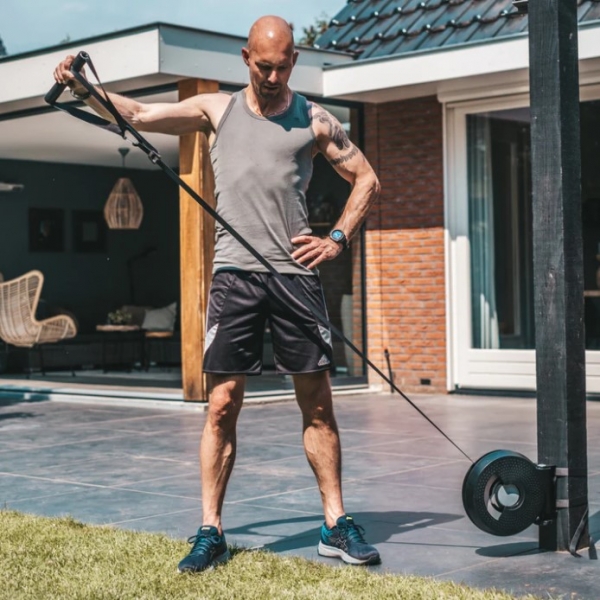
CYC Fitness are proud to sign exclusive UK distribution agreement with Kynett!
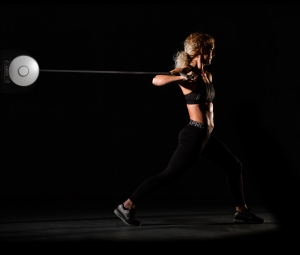
22/03/23
CYC Fitness are proud to sign exclusive UK distribution agreement with Kynett!
Based on techniques developed since the late 1800s, Kynett B.V. has been developing various flywheel training equipment such as the Kynett HOME, FIT, PRO, and ULTIMATE since 2018 in collaboration with physiotherapists, movement scientists, and fitness trainers.
Kynett B.V. has expanded its product line with a variety of devices and accessories that make training with Kynett even more enjoyable, intensive, and challenging. Kynett has been able to expand their product line by carefully listening to customer requests and gaining more in-depth knowledge about everything related to flywheel training. All production and assembly is done in-house and entirely in the Netherlands.
How does flywheel training work?
Flywheel training is a unique innovation in sports and physiotherapy. Kinetic training is another term for flywheel training. Training is done with a rotating disc rather than traditional weights. The flywheel is triggered and accelerated during the concentric phase by pulling a ribbon. When the ribbon is completely unrolled, the eccentric phase begins; so much kinetic energy has been built up that the ribbon rolls back up, just like a yo-yo. The goal is to slow the flywheel down during the eccentric phase before restarting it with a concentric movement.
We are not used to this in traditional strength training because the strength we give in the concentric phase is also the strength we get back in the eccentric phase. Because of the constant load, you can also get more out of an exercise by training your muscles more intensively and quickly. Flywheel training maximises the effectiveness of each repetition because you can continue training at a lower intensity if you become fatigued.
Traditional strength training allows you to reach a maximum number of repetitions faster because you must let go of the chosen weights at some point. Flywheel training exercises are also more multifunctional because you must always maintain balance at the start of the eccentric phase, and therefore appeal to your abdominal muscles.
How do you make the exercise heavier?
Flywheel training involves using relatively light weights. The speed of the exercise determines the intensity more than the weight used, as it does in traditional strength training. The heavier the eccentric resistance, the harder the movement is deployed. Resistance discs of 3mm thickness (800gram), 4mm thickness (1200gram), and 5mm thickness can be used with the Kynett HOME (1550gram).
These can be combined, but they can also be used separately. The device can hold up to two discs at the same time. Heavier resistance discs of 6mm thickness (1660gram), 8mm thickness (1950gram), 10mm thickness, 12mm thickness, and 15mm thickness (2550gram) can also be used with the Kynett FIT, PRO and ULTIMATE.
Benefits of Flywheel Training
Higher eccentric movement forces result in more intense and effective training. In terms of functional strength, flywheel training has been shown to improve performance-related abilities such as jump height and running speed more than traditional training.
Flywheel training is also a very effective treatment method in physiotherapy, injury prevention, and rehabilitation.
Flywheel training vs traditional weights: what’s the difference?
Traditional weight training is gravity-based, whereas flywheel inertial training is kinetic energy-based. As a result, the first noticeable difference is that a flywheel exercise machine can generate a significant amount of resistance while remaining lightweight.
During a flywheel workout, you will notice that the energy you put into the concentric phase (pull) equals the energy you must put into the eccentric phase (deceleration) to slow down the flywheel. We are not used to this in traditional strength training. In other words, a flywheel workout involves constant resistance. As a result, eccentric (over)load is emphasised more than in weight training. This is precisely why flywheel training is so effective.
Please contact us at info@cycfitness.co.uk if you require any additional information.
Browse by category
Recent posts
Talk to our team
Don't wait - elevateyour fitness space today!






